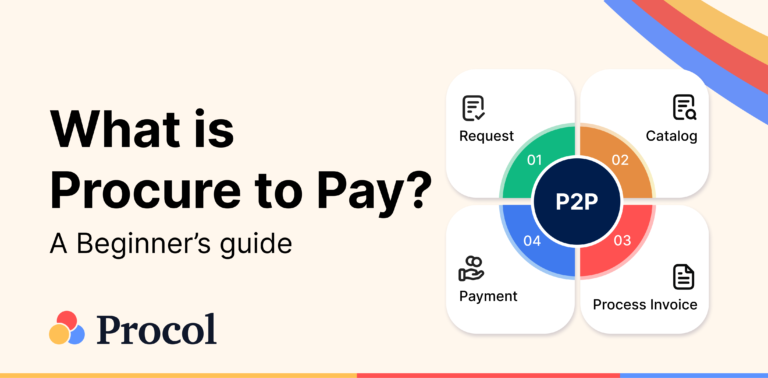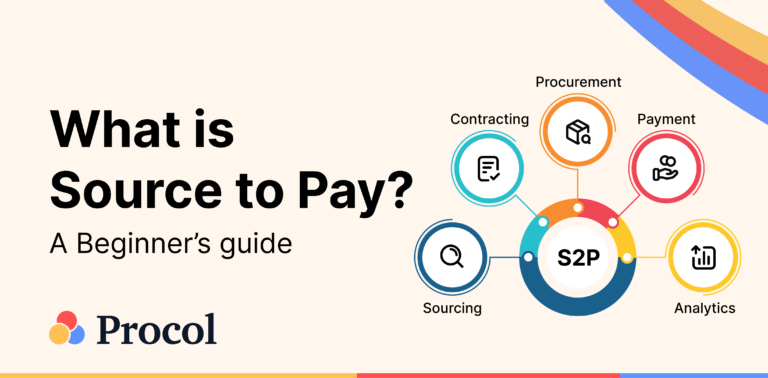Understanding Contract Renewal
When a contract is set to expire, it is called the contract renewal stage of the lifecycle. At this point, counterparties have the option of renewing their contract following the provisions of the existing contract or renegotiating and entering a new contract. Even though specific contracts are set up to renew automatically, it is vital that all parties set aside time for review at least 30 days before a contract renewal takes effect. Automatic renewals can save time, but they can also put all counterparties in danger of being stuck into a contract that no longer promotes contract value as intended in the absence of a robust contract review process.
Importance of Contract Renewal Opportunities
During the contract renewal phase, counterparties can discuss potential problems with the old agreement and renegotiate better terms. Most contracts have renewal clauses, but it’s essential to prepare in advance by looking for standard clauses and phrases that might have changed since the contract was signed. Teams should also ensure that the goods and services offered under the agreement are still required, and they should check the price terms and goal alignment to ensure these issues are taken care of when the contract is renewed.
Contract renewals give a chance to enhance contracts to meet new standards and support the goals of contract stakeholders since organizational strategy, needs, goods, services, and budgets change. Renewal of a contract offers the opportunity to renegotiate payment and delivery terms, reduce costs, take advantage of volume discounts, improve performance levels, and address problems with the initial contract. Minor adjustments might significantly impact the effectiveness, quantity, and caliber of the offered goods and services.
Contract renewals can assist boost revenue, reducing expenses, ensuring commitments are honored, strengthening legal protection, reducing risk exposure, and developing higher-value connections. Therefore they should be welcomed as more than just a lax check-in. An analysis of the past and a strategic evaluation of the benefits and drawbacks of the renewal should be part of good contract renewal management.
Advantages of Contract Renewal
Both sides benefit from contract renewal arrangements. Here are some benefits of contract renewals:
- Less hassle: Since there is no paperwork to worry about, contracts for services should be made more quickly than if manual renewals were required.
- Less negotiation: If parties are satisfied with the parameters of the present agreement, allowing the contract to automatically renew spares them from having to engage in bargaining and redlines, resulting in increased speed and fewer meetings.
- No service interruption: Automatic renewal allows services to continue running continuously without a pause while the parties negotiate their future agreements.
- Easier revenue capture: Easy revenue capture is a benefit that primarily benefits the vendor, and the auto-renewal of the contract allows them to guarantee money for another year without having to send out their sales force.
- Easy forecasting: Once the notice time for termination has gone, the vendor can predict revenue for the coming year without worrying about the contract terminating.






















